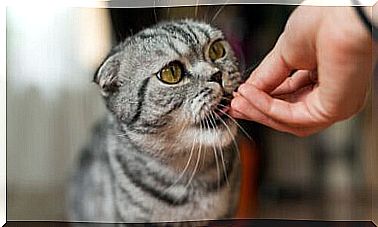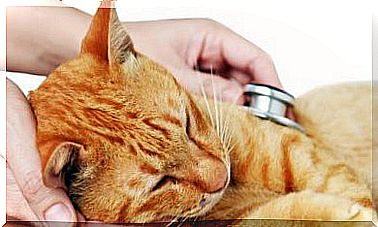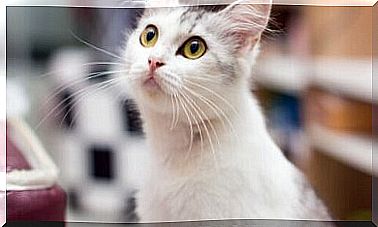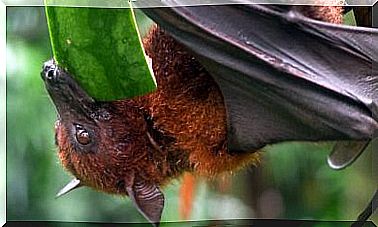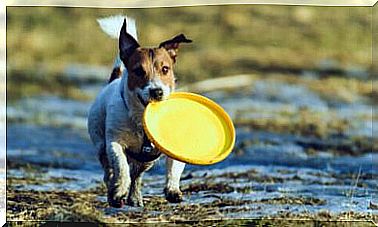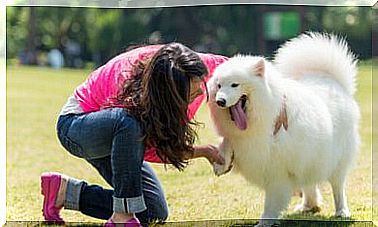How To Get Rid Of Parasites From Birds
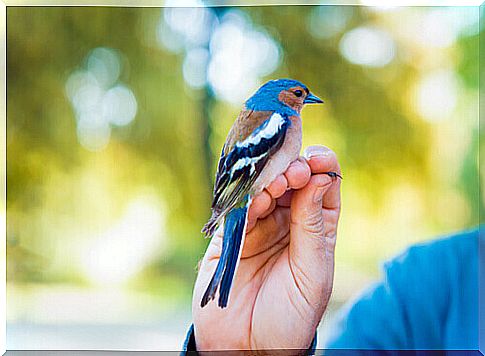
Birds are animals that require rather simple care. However, their illnesses must be taken into account. When should you get rid of parasites from birds? Caring for them in these cases is more difficult than with other pets, such as cats or dogs.
The climate affects the appearance of parasites
The increase in ambient temperature due to seasonal changes generates favorable conditions for the appearance of parasites. With the arrival of spring, and then summer, the risks are greater. Red lice, spider mites, aphids and ticks can arrive, which attach themselves to the plumage of flyers and harm their skin. These are external parasites.
However, birds can also contract internal parasites that cause stomach and intestinal discomfort.
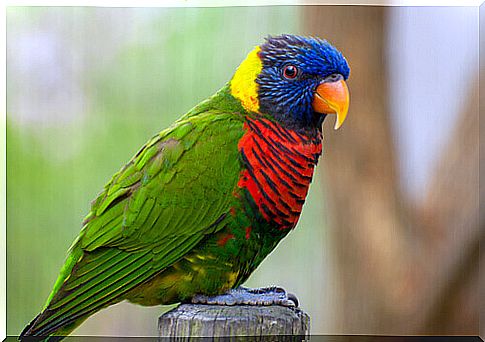
How do you know if it’s time to get rid of parasites from birds?
To know if you need to take your bird to the vet because of parasites, you need to observe the animal. It is advisable to consult a professional if the animal exhibits any of these symptoms:
- Nervousness with no apparent cause.
- It scratches itself repeatedly between the feathers with its beak.
- It has areas of the body without feathers.
Why administer pesticides?
Parasites can cause stomach discomfort, abdominal pain, mood changes, discomfort and even death of the animal. It is not common for birds to transmit diseases to humans. However, some parasites can affect the most vulnerable people.
This is the case for children, the elderly or people with deficiencies or diseases of the immune system. The ideal for animals and their owners is to administer pesticides to the first ones.
Types of pesticides
The vet is the right person to determine the type of parasite found in the animal’s body and to indicate the proper treatment. There are two types of pesticides in pet stores:
- Internal pesticides. They are administered orally. They are indicated for cleaning the digestive system of the bird. There are several types, some broad-spectrum and others for specific parasites. The veterinarian will have to establish the doses and the product to be administered to the animal.
- External pesticides. They are insecticides created specifically for birds, so they do not harm their health. They are applied on the feathers. Their function is to eliminate intruding organisms and protect the bird for some time during their annoying presence.
In pet stores you can find several topical pesticides:
- Powders. The majority are produced with natural ingredients that are harmless to animals.
- Spray. Their application is the simplest and least traumatic for the bird, since they can be applied at a certain distance without having to touch the animal.
- Ointments. To apply them you have to take the bird in your hands. Their effects are wider, for example fighting infections, inflammation and pain.
Regardless of the type of pesticide chosen, we recommend that you read the product leaflet. You must follow the instructions, as well as those of the veterinarian.
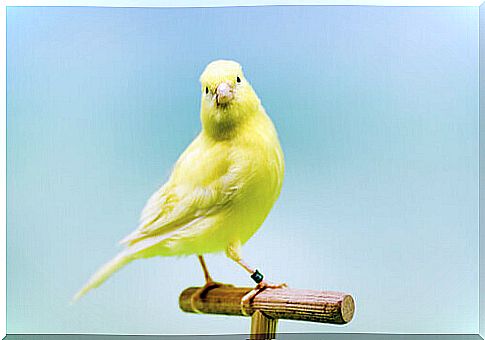
How often to get rid of parasites from birds?
The ideal frequency for eliminating parasites from birds is twice a year. One of these times must coincide with the beginning of spring, following climate change. The vet will determine the appropriate time based on the condition of the bird.
Prevention
The bird’s cage, in addition to being suitable for its size, must always be clean. Weekly deep cleansing is recommended. In the event that the animal has contracted parasites, it is not enough to give it a pesticide; it is also necessary to eliminate the intruding organisms of the cage. This also eliminates possible eggs and larvae through which they reproduce.
To keep the bird healthy
To keep your pet in good health, remember a few recommendations:
- Buy a large cage so that he feels comfortable. The bird must be free to move.
- Place the cage in a location that has plenty of natural light and ventilation. This reduces the feeling of seclusion, which can cause nervousness and agitation.
- Provide the cage with structures with which to practice. The most common are swings and perches. This way, the bird will have stronger legs.
- Provide appropriate nutrition based on the species. Each bird requires a specific diet for its weight and physical structure.
- Check that you have water available. A bird needs to have clean water to drink every day.
